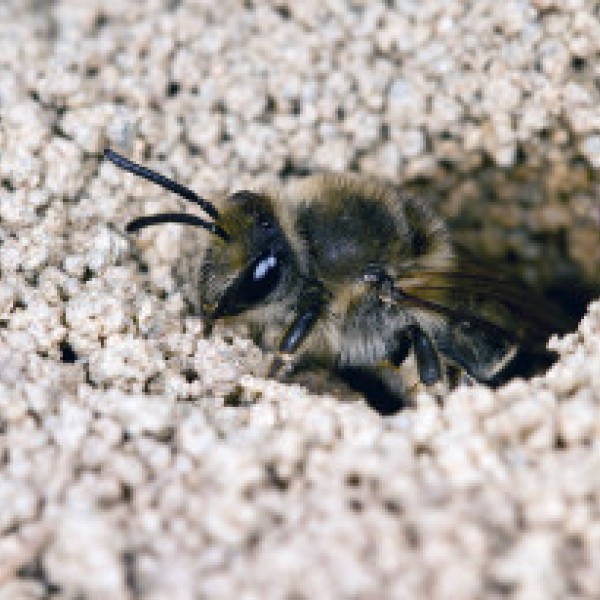Cornell Cooperative Extension (CCE) and the New York State 4-H Youth Development program recently held Animal Crackers, a full-day interactive event for students aged eight and up with interest in animal science. This year’s event happened on May 7th and marked the first year of returning to entirely in-person programming. Dana Palmer, Senior Extension Associate of Cornell’s 4-H Youth Extension, reflects on this year’s successes.
What is Animal Crackers?
Animal Crackers is a one-day interactive event held on Cornell’s campus for students aged eight to 12. It has been held annually in the department of Animal Science since 1990, apart from 2020 (due to COVID-19). In 2021, a virtual option was offered for over one hundred youth from across the state. Last year, participants tuned in to eight different weeknight presentations via Zoom over the course of four weeks in May. This year marks our return to in-person programming with our theme “All Creatures Great and Small”, where students will have the opportunity to participate in workshops ranging topics on equine, bovine, goat, and dog care.



What is the goal of Animal Crackers?
The goal of Animal Crackers is to invite beginners, youth and families across New York State who have interest in raising or learning about farm and companion animal species. Participants visit with experts at Cornell for a day and make meaningful connections that may inspire youth to pursue careers in the animal industry. We present hands-on activities for youth to explore career options in animal science and expand their knowledge through observation and engagement with faculty, staff, students and cooperative extension experts.
How many people attended this year’s event?
Since 1990, annual participation has ranged between 100 and 400 participants. Our facilities are our only limitation. We wanted to be mindful of COVID-19 safety precautions and capped participation to maintain quality this year. This year, we had 94 youth and 64 adult chaperones that were pre-registered. Attendees represented 4-H programs from 27 counties across New York state.
What the participants learned...
Animal Crackers youth participants were given an feedback survey at the end to the event. Here is what they had to share:
What is the most interesting thing you learned?
Goats have no top teeth!
What is the most important thing you learned?
When you put your hand in the holy cow it doesn't hurt them.
What is the most interesting thing you learned?
I liked learning about donkeys!
What is the most important thing you learned?
How much dogs can help humans.
What is the most interesting thing you learned?
How to clean the umbilical cord of a lamb or kid.
What is the most important thing you learned?
How to birth a lamb or kid. This was so fun! Now I want to participate in other 4-H clubs.
What is the most interesting thing you learned?
The most interesting thing I learned was about the holy cow.
What is the most important thing you learned?
The most important thing I learned was about the different cow breeds. Everybody that was speaking about all the animals was very clear about what they knew. It was amazing and I learned very much!




Which parts of the event did attendees enjoy the most?
We were pleased to receive positive feedback from students and their chaperones! Both groups enjoy our hands-on workshops and the ability to connect with members of Cornell CALS Animal Science Department, CCE and NYS 4-H. Many students enjoyed learning about Blossom, our resident fistulated cow! Others enjoyed learning about goat and kid care and many attendees enjoyed our workshops on puppy care and guide dogs. One student noted,
“This event showed me that it is important to learn about all animals. I had a lot of fun and am excited to participate in more 4-H clubs!”
What is your favorite part about holding this event?
Personally, I love seeing those “lightbulb” moments when children learn something new, express excitement about making a connection or demonstrate understanding of a new biological concept that they might not be able to explore in an elementary school classroom.
I have had the good fortune to see children return as workshop presenters later in their teen years and into adulthood. Some have even been inspired to attend Cornell as undergraduate and graduate students! This year (2022) we had a significant number of student volunteers, including our keynote speakers, who were once 4-H participants in their home communities.
Annual events this large also take a committed team to create. Our Cornell faculty, staff, students and Cooperative Extension 4-H youth development partners across the state are an essential part of that team and I enjoy working with them each year to put on this event.
What are you looking forward to when planning this event again?
Next year we hope to include topics about sustainable animal production practices. We are very lucky Cornell provides unlimited research related to topics that youth and families can explore in the future.
Catherine Andreadis ’22 is a student writer for the Cornell CALS Department of Animal Science.
Keep Exploring

News
- Animal Science
- Animals

News
Five new projects from the Cornell Atkinson Center for Sustainability and The Nature Conservancy seek to protect pollinators, restore oyster habitats, manage flood risk and support “cattlevoltaics.”
- Cornell Atkinson
- Ashley School of Global Development and the Environment
- Natural Resources and the Environment Section

We openly share valuable knowledge.
Sign up for more insights, discoveries and solutions.


